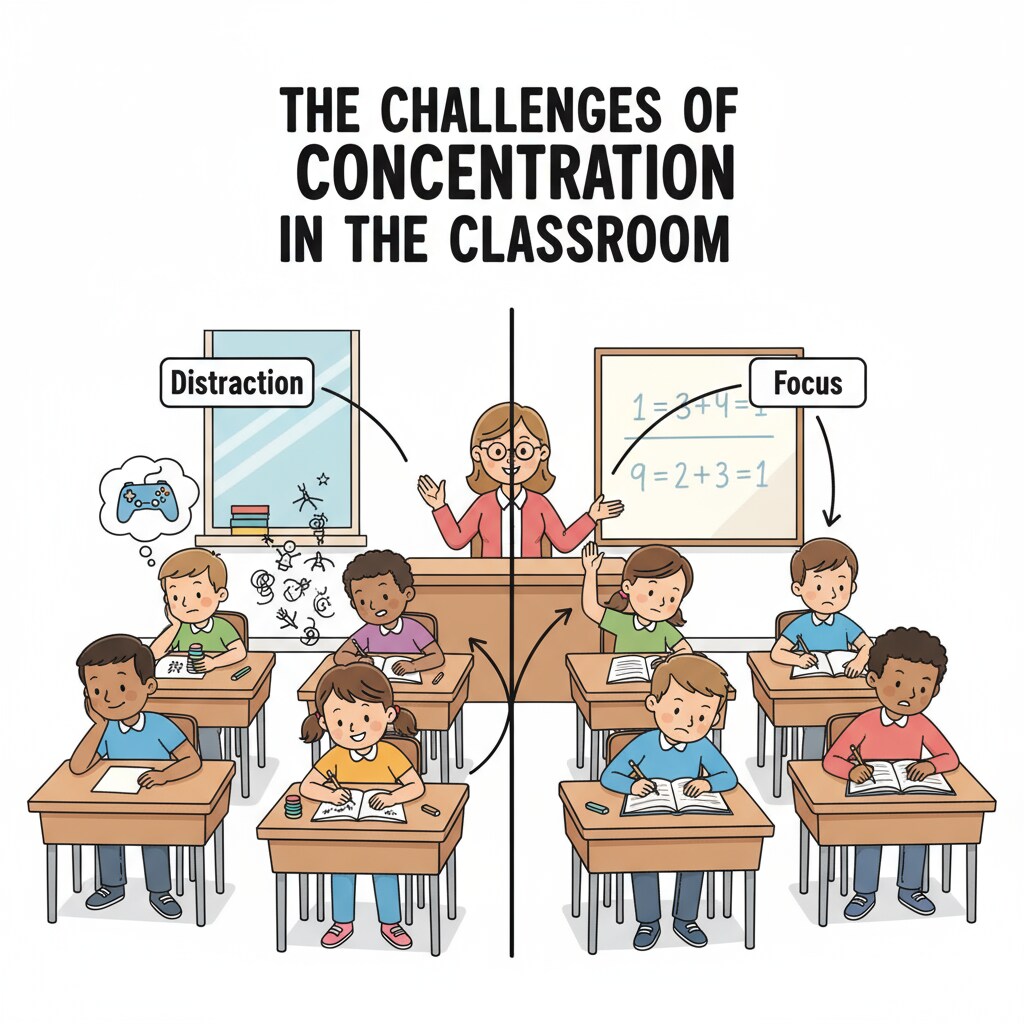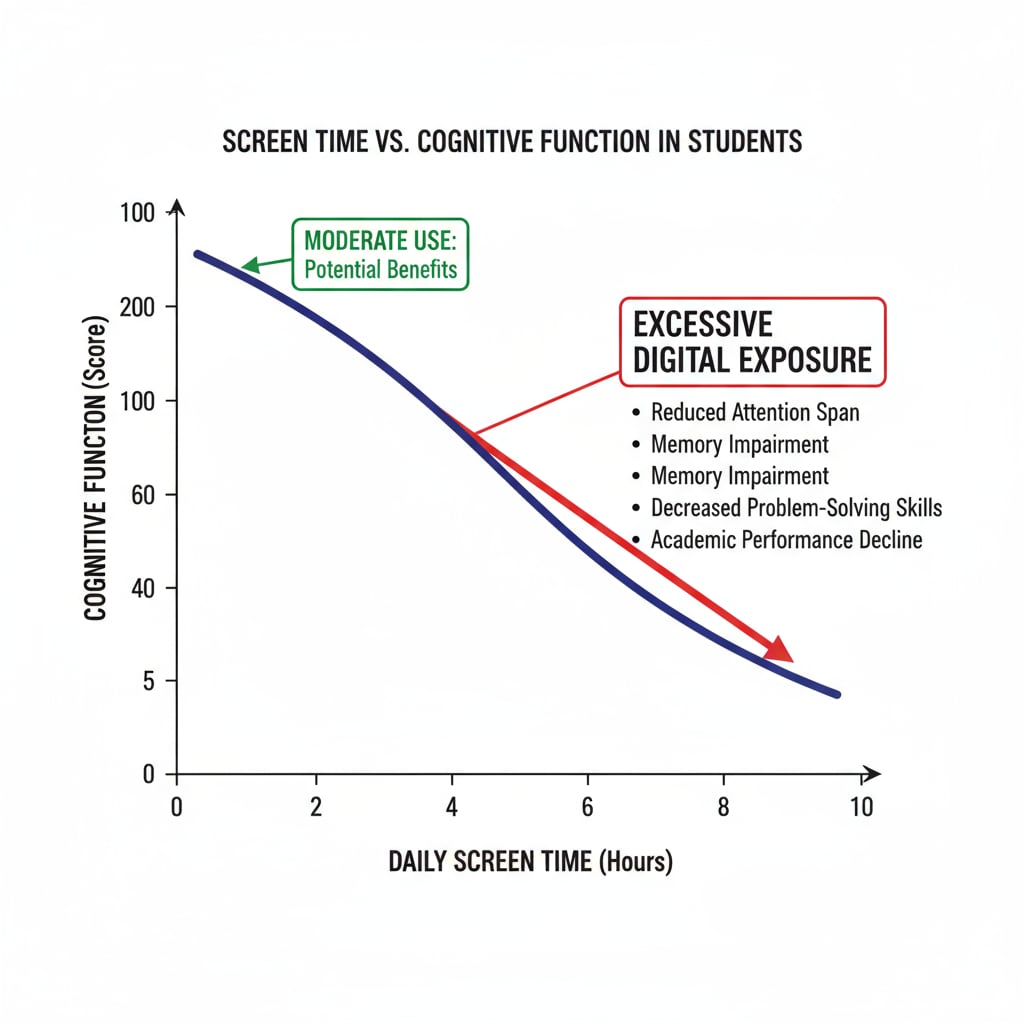In the digital age, thinking abilities, cognitive function, concentration, and sleep quality among K12 students are under threat. The constant stream of digital distractions has led to a decline in students’ ability to focus deeply and think critically. This article will explore the reasons behind the loss of concentration and provide practical strategies to help students regain their cognitive edge and develop long-lasting focus for learning and deep thinking.

The Digital Distraction Dilemma
The digital revolution has brought about a plethora of devices and platforms that are designed to capture our attention. For K12 students, smartphones, tablets, and social media have become major sources of distraction. According to Pew Research Center, a significant portion of teenagers spend hours each day on social media platforms, which can disrupt their study time and concentration. The constant notifications and the allure of instant entertainment make it difficult for students to stay focused on their studies.
The Impact on Cognitive Function and Thinking Abilities
When students are constantly distracted, their cognitive function suffers. Their ability to process information, make connections, and think deeply is impaired. A study by NCBI has shown that excessive screen time can lead to reduced attention span and lower cognitive flexibility. This, in turn, affects their thinking abilities, as they struggle to engage in complex problem-solving and critical thinking tasks.

The Role of Sleep Quality
Sleep quality is closely linked to concentration, cognitive function, and thinking abilities. K12 students who do not get enough sleep are more likely to be distracted during the day. Lack of sleep can disrupt the brain’s ability to consolidate memories and process information, making it harder for students to focus and think clearly. Establishing a regular sleep schedule and creating a conducive sleep environment are essential for improving sleep quality.
Strategies to Restore Concentration
- Set clear study goals and break tasks into smaller, manageable chunks.
- Create a distraction-free study environment by turning off notifications and putting away devices.
- Practice mindfulness and meditation techniques to improve focus and concentration.
Fostering Deep Thinking Abilities
- Encourage students to ask questions and explore different perspectives.
- Engage in activities that require critical thinking, such as debates and problem-solving exercises.
- Read widely and discuss what they have read to enhance their analytical skills.
Readability guidance: By following these strategies, K12 students can enhance their thinking abilities, cognitive function, concentration, and sleep quality. It’s important to remember that improving these aspects takes time and consistent effort. With the right approach, students can regain their focus and develop the deep thinking skills needed for academic success and a fulfilling life.


